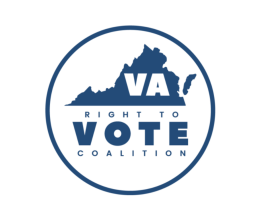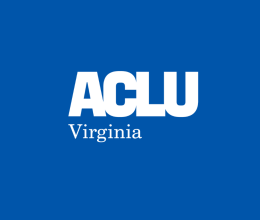
Minorities in Virginia have benefited from implementation of civil rights law
Richmond, VA — President Bush today signed into law H.R. 9, "The Fannie Lou Hamer, Rosa Parks and Coretta Scott King Voting Rights Act Reauthorization and Amendments Act of 2006.” H.R. 9, which renews the expiring provisions of the landmark 1965 Voting Rights Act, overwhelmingly passed the Senate (98Y-0N) and the House of Representatives (390Y-33N).
Virginia ’s entire congressional delegation voted for H.R. 9, a stark contrast to 1965 when both Virginia Senators and nine of ten Representatives voted against the Voting Rights Act.
The Voting Rights Act has measurably reduced political barriers for racial minorities in the U.S. Prior to the law, fewer than 300 African-Americans held public office, virtually none of whom were in the South. Today, there are nearly 300 in Virginia alone and more than 9,000 nationwide, including 43 members of Congress, one of whom represents Virginia.
“The Voting Rights Act leveled the political playing field in Virginia, forcing the state into the twentieth century,” said ACLU of Virginia executive director Kent Willis. “It broke down barriers to the polls and required local and state governments to abandon voting schemes purposely designed to keep minorities from holding public office.”
During the eighties and nineties, the ACLU of Virginia was involved in 24 voting rights cases challenging discriminatory electoral plans in Virginia. These cases reshaped the political landscape of towns, cites and counties across Virginia, giving minorities a fair opportunity to hold elected office. The ACLU also mounted a legal challenge to then Governor George Allen’s veto of the National Voter Registration Act in 1996.
While most of the provisions of the Voting Rights Act are permanent, today’s action extends key aspects of the law that were due to expire in 2007. Most importantly, Section 5 has been reauthorized for 25 years. Under this provision, any proposed voting change in Virginia (and in other designated areas of the country) must be approved by the Justice Department to make certain that it is not racially discriminatory. Section 5 applies to everything from the drawing of political district boundaries to relocating polling places.
The ACLU relied on Section 5 in 1991 to force the Virginia General Assembly to increase the number of African-American majority House and Senate seats, and to create Virginia’s first majority-minority congressional district since Reconstruction. Section 5 prevented backsliding during redistricting in 2001 by protecting the gains made in 1991. It has been used on scores of occasions to draw racially fair election plans at the local level in Virginia.
H.R. 9 also extends requirements for language assistance in some jurisdictions and allows the Justice Department to police election proceedings when warranted.
Contact: Kent Willis, Executive Director, 804/644-8022




